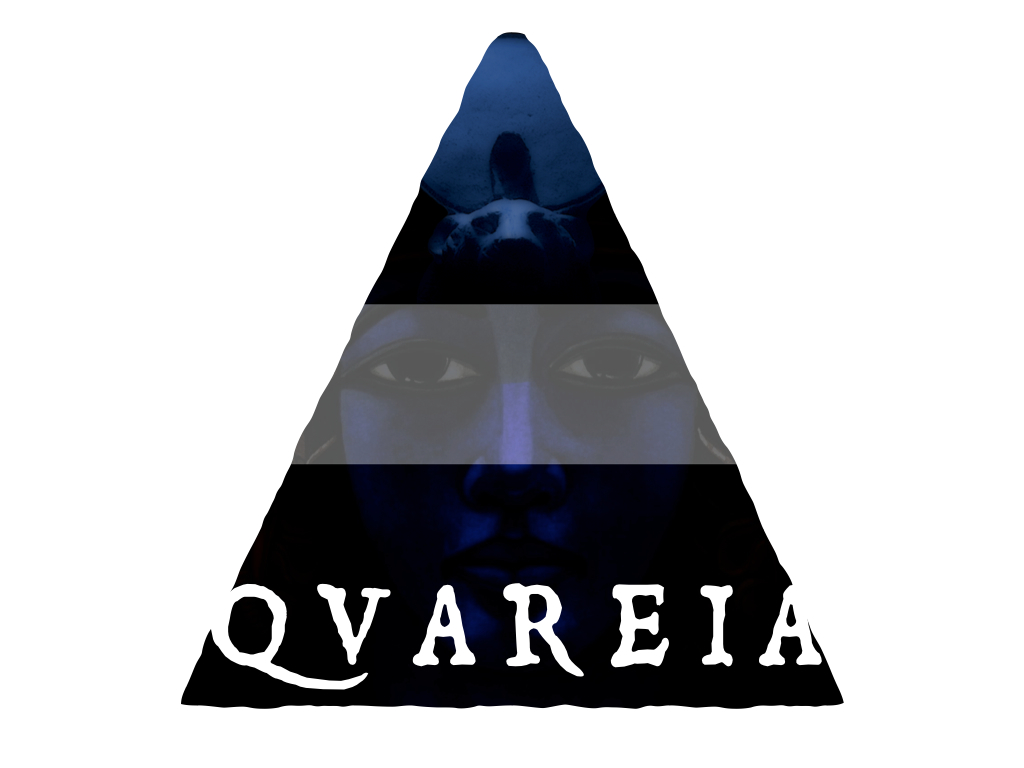Someone posed a very relevant and interesting question to me lately, and it did occur to me that I have never really discussed this ‘on the net’, particularly in respect of Quareia training, so I thought it would be a good idea to cover it here.
The foundation and basis of Quareia training is that it covers knowledge, skills and techniques that are not specific to any particular system, but are often found in many different magical systems. It also, unlike a lot of western magic, does not have a specific religious, or spiritual path that overarches it. This is to ensure that any Quareia adept can work within any system or religious structure necessary in order to do what they need to achieve magically.
However, in order to have such a broad reach, the adept must also have a deep working knowledge of the mystical and magical foundations that underpin different systems and religious paths. Simply studying a religious or defined magical system is not enough for an adept to truly know the mechanics of what is going on behind the scenes in any system: they need to have an operating knowledge from within, and yet not get restricted or connected to that system. Complicated indeed.
In order to achieve this, in the training, as the student goes along, they will come to modules where they have to immerse within a system or a religious structure as a part of their magical work. Sometimes it is merely to give examples of how a method works, and other times it is to get them ‘into the heads’ of those who are fully within such streams. I use the ‘rule of absolutes’ to achieve this: you are placed within a mystical, magical or spiritual mindset and structure, and trained to operate an aspect of magic from within that mindset. Sometimes you are not told why, or how long you will be in that structure, or indeed if you will be pulled back from it. That enables the magician to focus their consciousness fully into the pattern.
When the magician is then pulled out of the pattern and introduced to a different one, they can look back and have a deeper practical working experience of the system they just visited. They will understand better the pitfalls, benefits, beings, issues and patterns of a religion or of a magical system. Why is this important?
When we study magic we tend to think of that magic within our own cultural and social mindset, and that affects how we project that magic outward in work, service and action. However, we live in an ever shrinking world where we are constantly bumping up against different cultures, religions, and systems. We also then have to confront our own biases towards or against a particular religion. In order for an adept to be truly ‘adept’ at what they do, they need to be able to not only understand these different systems, but to also operate briefly and respectfully from within them as and when necessary in order to achieve something. Healing, exorcism, construction, and so forth all have aspects of work that need you to fully understand the religion, magical system or cultural path that is entangled into the problem at hand.
To this end, the Quareia student has to be immersed in different aspects of different religions, different magical systems and so forth, not to become a part of them, but to be fully informed and to fully understand them. That working knowledge makes you useful, and it also, as a by -product, helps you to gain a deeper understanding of how issues arise within a system or religion. It also helps you to spot the many areas of degeneration, imbalance and sometimes just sheer madness that has often developed within a system during a period of history.
So while the mechanics of magic that you learn in Quareia are free of religious and magical systems, you have to dip into them, and sometimes briefly immerse in them to become a knowledgeable well rounded adept. This in turn will also, by the time the student gets to adept level study, lead the magician to question what is divinity, what is religion, what is magic, what does it mean to them, and how do they either develop their own unique interface with these various energetic structures, or how do they tear such concepts apart and find new expressions unique to themselves.
I also put the initiates and adepts in situations where they step over the line from magical work with deities, and into a more religious priesthood role of tending a deity. Approaching a deity as a magician is very different from approaching a deity as a devotee, and yet often people do not realise there is a difference, or why there is a difference. Rather than just explain it, which is how the apprentices are exposed to this, the initiate and then adept crosses that line for a while, and then steps back. By direct experience over a few months, they learn the lessons by direct practical experience. After that, they can choose from a place of gnosis whether they wish to not only be a magician but also a priest or devotee to some aspect of Divinity/deity, and they will know the difference.
The students are exposed to different magical approaches and structures, different religions, and different sects within a religion. And they are exposed by dunking them directly into the cauldrons, as opposed to passive study – it is much more fun that way….
So if you are studying the course and get to one of these sections, and think…wtf? Step back and think about it…. Look at where I am taking you, and why…. There is always a logic to it.



